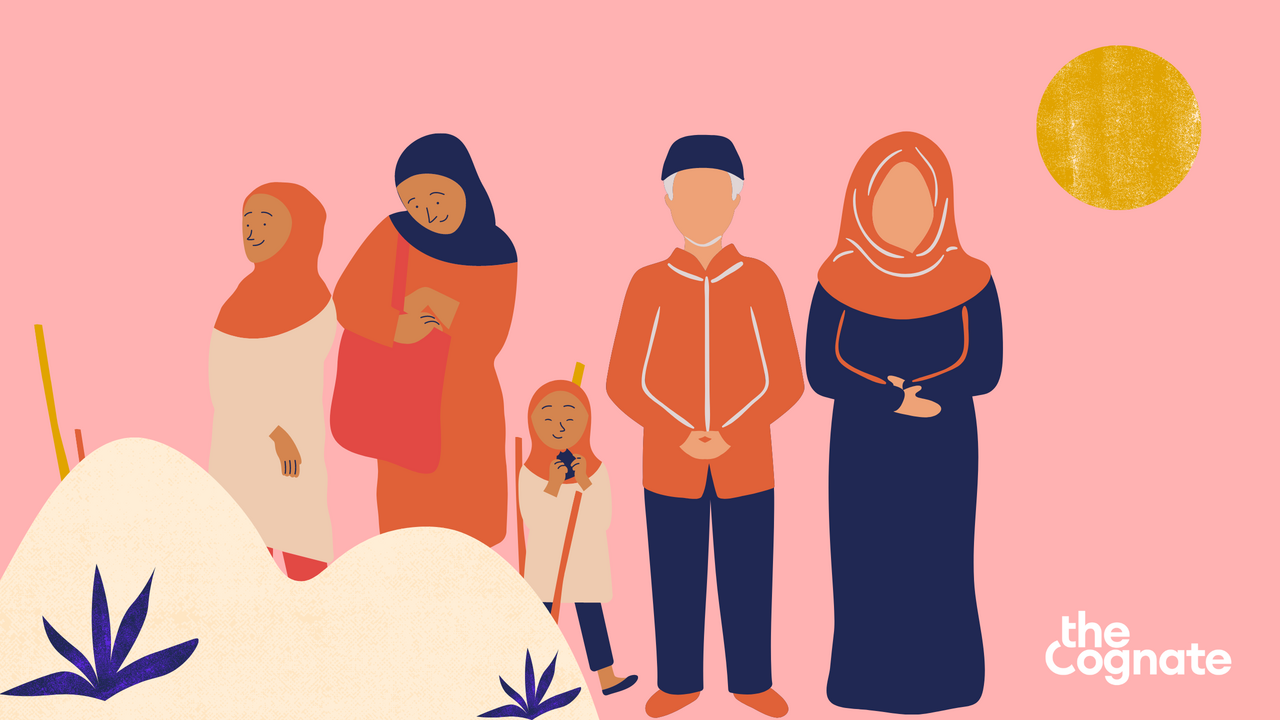Being a teacher and a Maulana or Hazrat, my exposure to our community is immense. Many times I have tried to find a happy family, but so far I have not been successful.
An aspect that is particularly endemic to our community is infighting within families. It is possible to imagine having disagreements with other people, but in our culture, most of the disputes and disagreements are with our own family members and not with others, while our Deen emphasises a lot on the upholding of the ties of kinship. Allah says:
“And Worship God and join none with Him in worship, and do good to parents, kinsfolk.” (Qur’an 4:36)
There are many ahadith as well, which stresses the significance of blood relations.
The Prophet (SAW) said: “The ties of kinship are suspended to the Throne and says: He who unites me Allah would unite him and he who severed me Allah would sever him.” (Sahih Muslim 2555)
In another Hadith, Anas bin Malik reported that Allah’s Messenger (may peace be upon him) said: “He who likes that his sustenance should be expanded and his age should be lengthened should join the ties of kinship.” (Sahih Muslim 2557b)
If we are at continual loggerheads with our near and dear ones, how can we expect blessings in our time and provisions, as mentioned in the Hadith?
How can we be creative and productive if we are surrounded by hatred and conflict? A perennially egocentric outlook is severely incapacitating, due to its myopic negativity.
If we are always busy with ourselves how we can think of others? Especially when we consider the fact that Allah says that He (SWT) is in the help of those who are in the help others.
So why don’t we have happy families? The answer is simple. We neither learn from our Deen nor through our mistakes.
We have conclusively established, in our previous posts, the implausibility and futility of going against the natural fitrah, and attempting to convert daughters-in-law into daughters. So the next step towards coming closer to an Islamic understanding of the inter-familial relationship dynamics is through the cessation of the regressive practice of relinquishing our daughters after their marriages. Another step in the right direction is to start being kind to our son’s daughters as our own daughters.
This can be achieved by nurturing them and inculcating in them from a young age the importance of maintaining familial bonds. By extending kindness and forbearance to all relatives and role modeling compassion and fairness in our dealings with others, especially our subordinates, the grandchildren’s pristine naivete can be maintained. For example, if a young girl sees her grandmother extending thoughtful consideration and gracious courtesy in her interactions with her daughter-in-law, the granddaughter will automatically harbour feelings of compassion and affectionate regard for her grandmother. The current insensitive and unnatural model of Bahu-Beti conversion is too abrasive a custom to engender any feelings of tenderness among our young.
Another common reason for family conflicts is the parental wish to keep all the children together. This creates a series of problems without any corresponding solutions.
For example, if we have more than one daughter-in-law, then the question arises; who has to cook, wash, host, serve, stay in the house, go out for work? Even if we have the answer to these questions, we don’t have the answer to ‘Why only her’?
Aren’t we needlessly complicating what could be a simple enough arrangement?
Isn’t it a waste of our valuable time and efforts, to first get entangled in this situation, and then use all our resources and mental energies in extricating ourselves out of it?
Don’t you feel that most of our families spend a lot of time, solving such matters?
Setting up such ‘all-in-one’, ‘joint family’ living arrangements is not only an administrative nightmare but also a volatile powder keg of frequent flashpoints.
Many times in such adjustments, a weaker person or a compassionate person is made the scapegoat. Isn’t this injustice? And is not injustice hateful to Allah? How can families be happy if there is injustice practiced day and night?
Hence, it is always better and safer to let each one have an independent or semi-independent living arrangement. Such a suggestion by no means implies the neglect of parents or relatives. But it only hints at a way of coexisting together peacefully, while maintaining individual concerns and mutual respect.
May Allah protect us from committing injustice, especially against those who are dearest to us.
Related
The author, Sheikh Abdus Salam al-Madani is an Islamic scholar with a Bachelor’s and Master’s degree from the Islamic University of Madinah in Saudi Arabia. He is the Founder and Dean of Aspire College Of Excellence in Chennai and Bangalore.











































